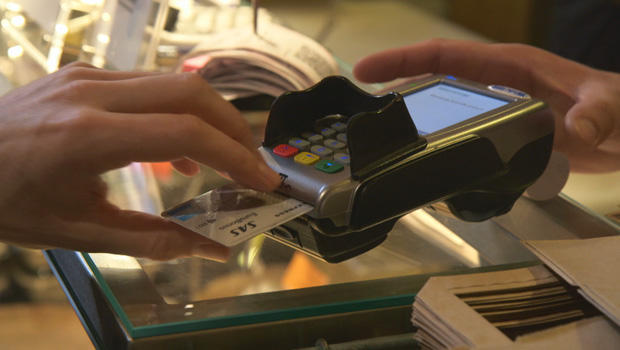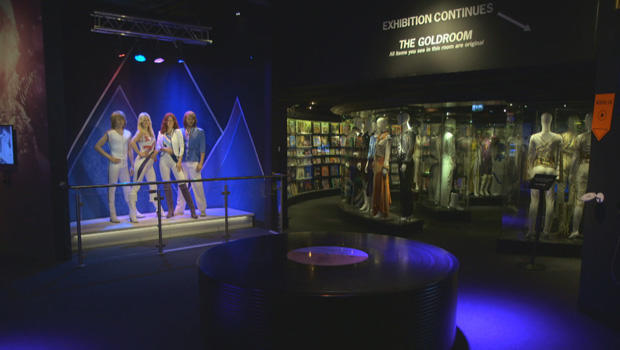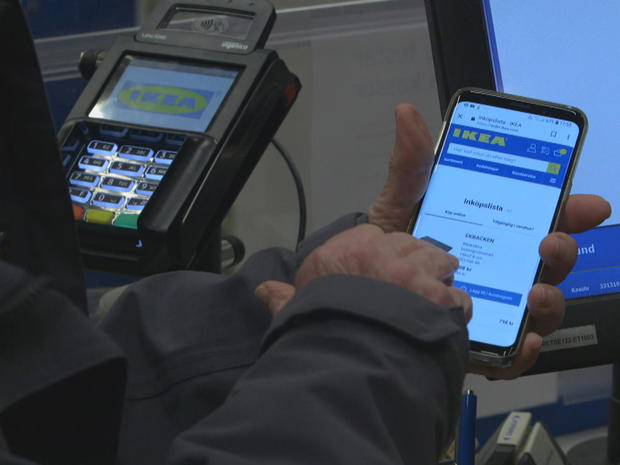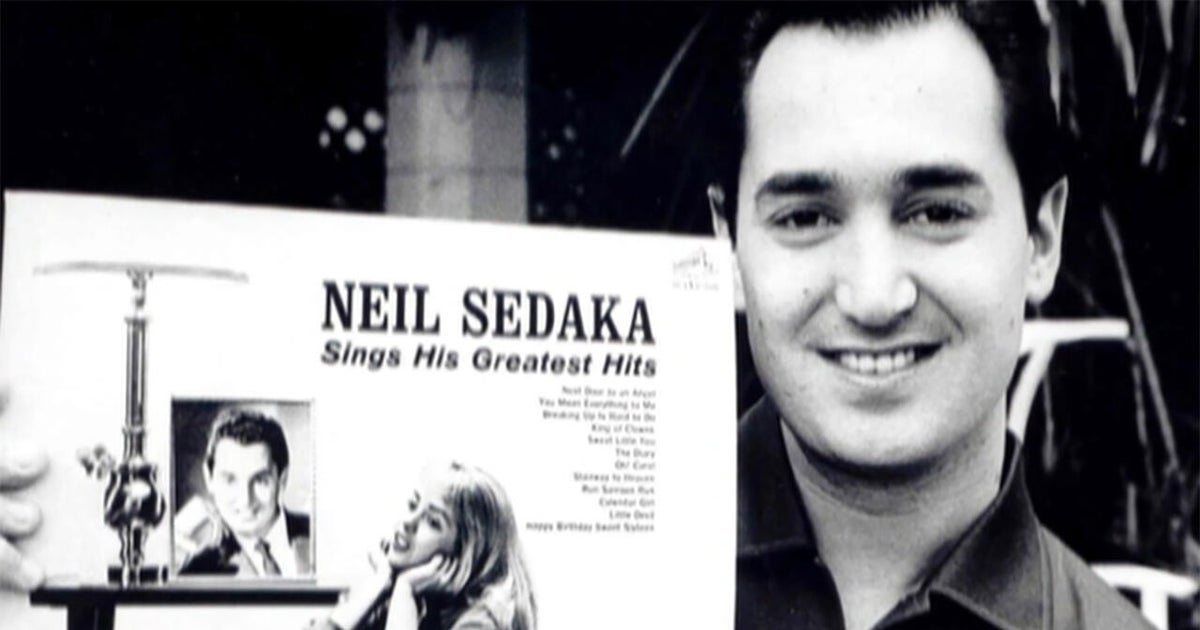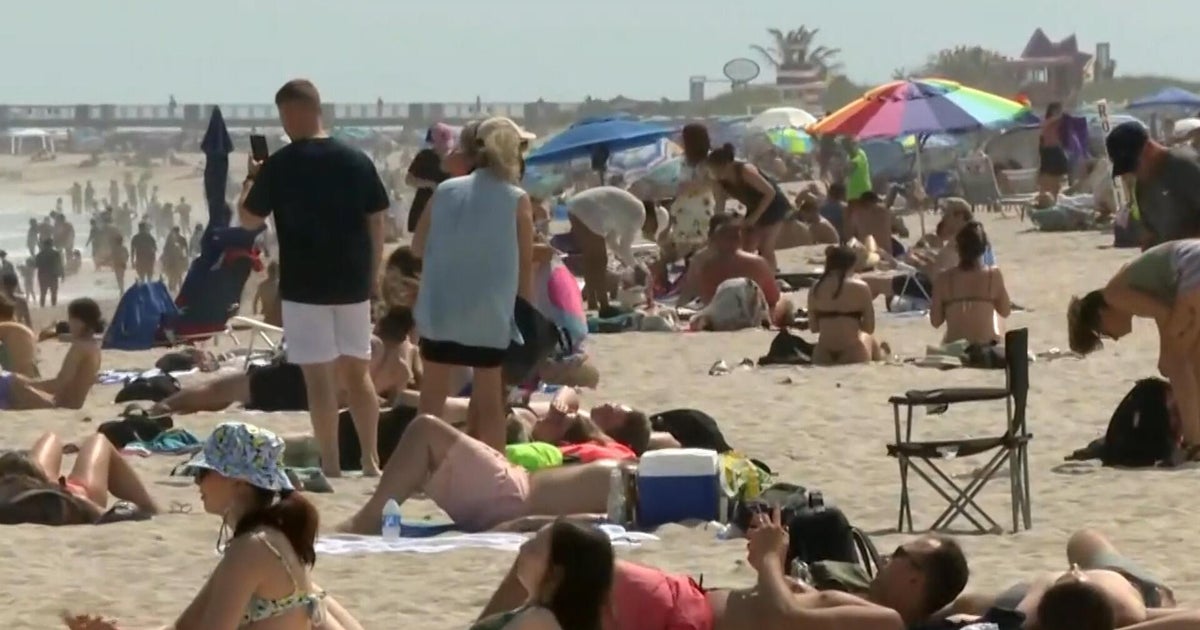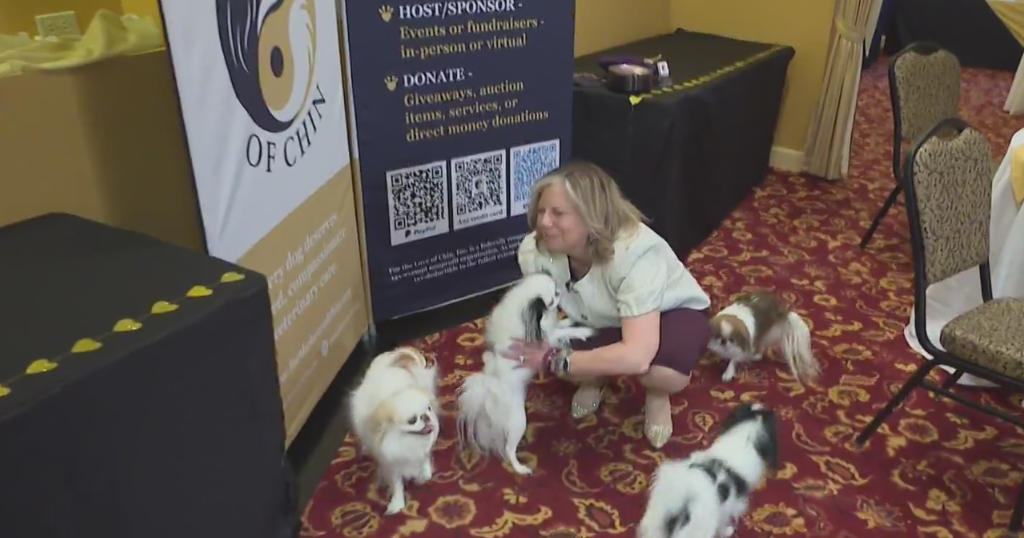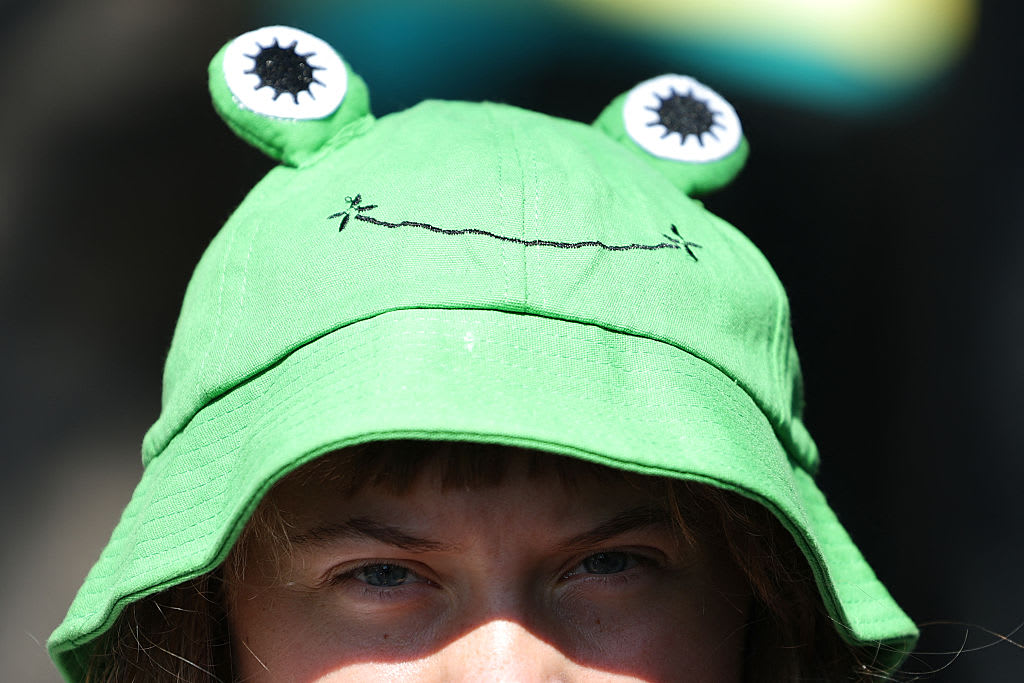Sweden is going cashless
ABBA has been singing about "Money, Money, Money" for years, and making truckloads of it along the way. But now the pop group is in the vanguard of a new wave in Sweden, where there's no money, money, money. Just cards, cards, cards and phones, phones, phones.
Just ask Ove and Marita Mattsson, trying to have a quiet lunch in a café until CBS News correspondent Mark Phillips showed up. When he asked when was the last time they'd actually used cash, Ove replied, "Oh, I don't know. A month ago maybe, or something."
Which is typical. Last year only 13 percent of Swedes could remember using cash for a recent purchase. In the U.S., 70 percent use cash every week.
"You get used to it," said Marita. "From the beginning I didn't want it that way at all. But now you get used to it. I think it's a better way."
A better way that begins, like so many things in Sweden, with ABBA. One of the major tourist draws in Stockholm is the museum devoted to the group. The entrance fee is 250 Swedish krona, or about $25. But don't try paying with cash. The museum was one of the first places in Sweden to go entirely cash-free.
It was the idea of band member and museum planner Björn Ulvaeus – and ABBA Corp CEO Mattias Tengblad says it's all part of keeping the brand current. "[Ulvaeus] really believed that cash is a sort of cause of very much evil on the planet, and he wanted to make this, like, a new modern place," Tengblad said.
In a small, high-tech country like Sweden, where ABBA leads, people follow. They've been setting the cultural beat for 45 years – why not the financial?
From one great Swedish cultural institution, to another: At the Ikea store, almost all their customers were paying with cards anyway, so they made it official – no cash taken. Even, says customer service manager Patric Burstein, for the mandatory snack of Swedish meatballs.
Phillips asked, "Does not having cash around the place just get rid of an entire problem of not having to worry about the security that cash requires?"
"Since we don't have any cash in the facility, we're a very boring target, I suppose!" Burstein replied. "But I think most of their problems are the small problems. I mean, you can lose cash, you make mistakes when you're counting it. And now we don't have them anymore, and our staff are very happy about this."
Not everybody is happy. A café run by a pensioners' society will still take cash. Some of the elderly don't just worry about the new technology; they worry about the cost of the smartphones they now need just to make transactions.
Christina Tallberg, a lobbyist for a seniors' rights group, said, "You must have the most modern telephone, where you have apps. You can't park your car without having an app. You can't go to a public toilet."
But everybody here has to move with the times, and the times have changed. Even 73-year-old Astrid Hasselrut, who never carries cash, knows that. She told Phillips, "I think the romantic side of [carrying money] is not interesting. I don't like to sniff it or something, no!"
See also:
- Not so fast: Cashless backlash delays move to walletless economy
- San Francisco to ban cashless stores, saying refusing cash harms the poor
- Philadelphia is first city to ban cashless stores and restaurants
- After backlash, Sweetgreen restaurants to accept cash
- Cashless trend worries lawmakers: "If it's not discrimination, it's elitism"
- Critics say cashless retailers penalize the poor
For more info:
- ABBA: The Museum, Stockholm
- abbasite.com
- Ikea
Story produced by Mikaela Bufano.
